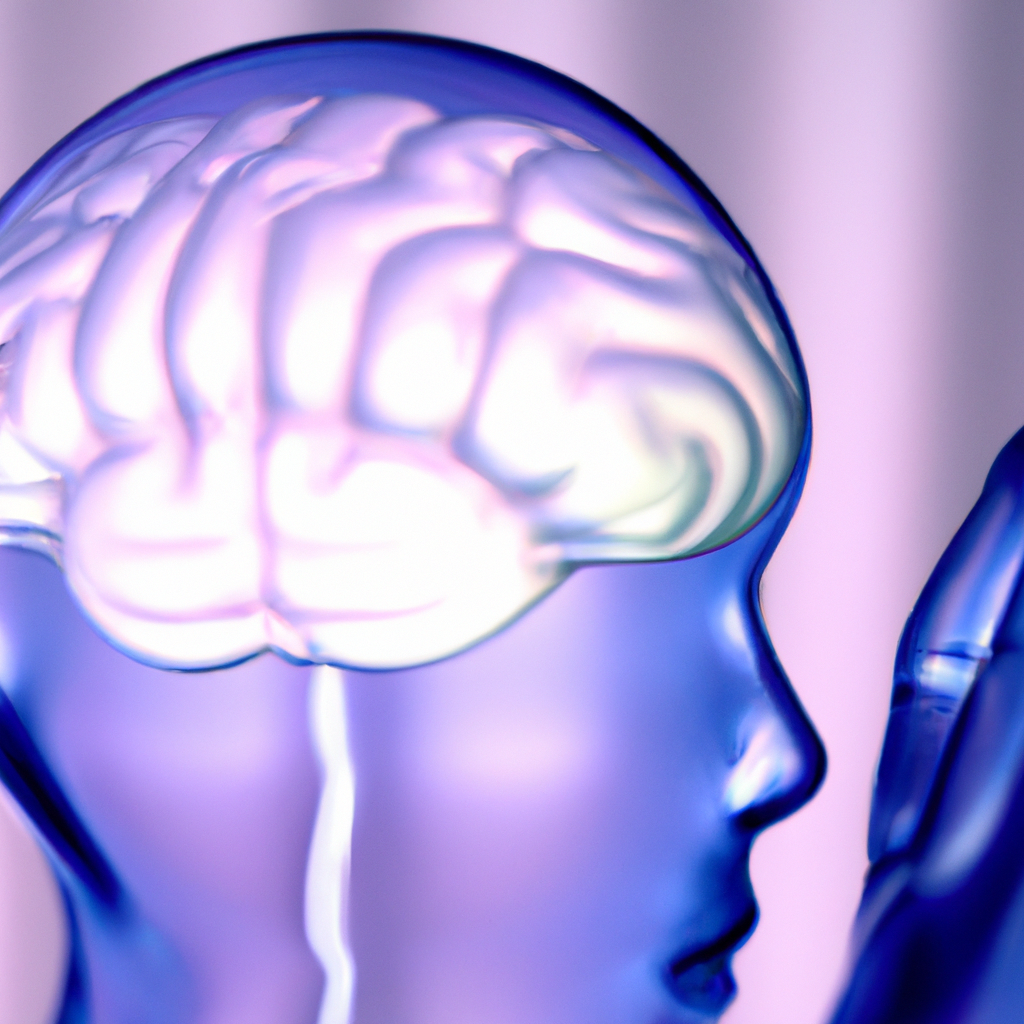Meditation has been practiced for thousands of years and has been found to have many positive effects on the brain and overall mental health. In recent years, scientific research has begun to explore the effects of meditation on the brain, providing evidence for the benefits of this ancient practice. In this article, we will explore the effects of meditation on the brain, including its impact on cognitive function, stress reduction, and overall wellbeing.
Meditation and the Brain
Neuroscience research has found that meditation can physically change the brain, specifically the prefrontal cortex and the amygdala. The prefrontal cortex is responsible for executive functioning, decision making, and emotional regulation. The amygdala is responsible for the fight or flight response and emotional reactions. Meditation has been found to increase the size of the prefrontal cortex, leading to improved cognitive function, emotional regulation, and decision making. Additionally, meditation has been found to decrease the size of the amygdala, leading to reduced stress and anxiety.
Mindfulness Meditation and Stress Reduction
Mindfulness meditation is a type of meditation that involves focusing on the present moment and accepting it without judgment. This type of meditation has been found to be effective in reducing stress and anxiety. A study published in the Journal of Psychosomatic Research found that individuals who practiced mindfulness meditation had lower levels of the stress hormone cortisol compared to those who did not meditate. Additionally, mindfulness meditation has been found to reduce symptoms of depression and anxiety.
Cognitive Function and Meditation
Meditation has been found to improve cognitive function, including attention, memory, and learning. A study published in the journal Frontiers in Human Neuroscience found that mindfulness meditation improved attention and memory in individuals who had never meditated before. Additionally, a study published in the journal Consciousness and Cognition found that meditation improved learning ability and cognitive flexibility.
Relaxation and Meditation
One of the most well-known effects of meditation is relaxation. Meditation has been found to reduce heart rate, blood pressure, and muscle tension. Additionally, meditation has been found to increase feelings of relaxation and calmness. A study published in the Journal of Alternative and Complementary Medicine found that individuals who practiced meditation had lower levels of anxiety and depression compared to those who did not meditate.
Wellbeing and Meditation
Meditation has been found to improve overall wellbeing, including physical and mental health. A study published in the journal Psychiatry Research found that meditation reduced symptoms of anxiety and depression in individuals with generalized anxiety disorder. Additionally, a study published in the Journal of Behavioral Medicine found that meditation improved immune function, leading to improved physical health.
Conclusion
In conclusion, meditation has many positive effects on the brain, including improved cognitive function, stress reduction, relaxation, and overall wellbeing. Mindfulness meditation has been found to be particularly effective in reducing stress and anxiety, while meditation in general has been found to improve attention, memory, and learning. Additionally, meditation has been found to promote relaxation and improve overall physical and mental health. Incorporating meditation into your daily routine can lead to significant improvements in your overall wellbeing.







